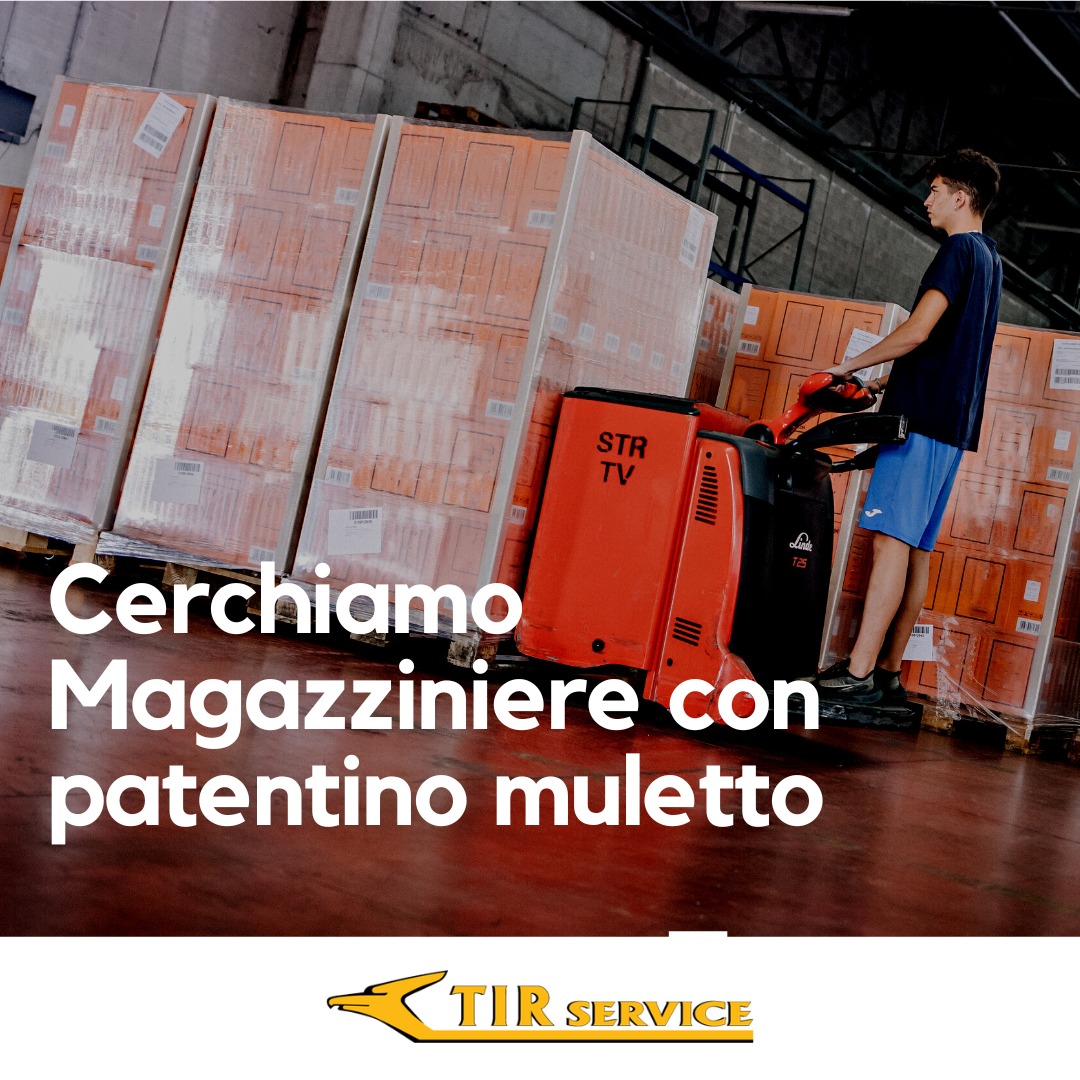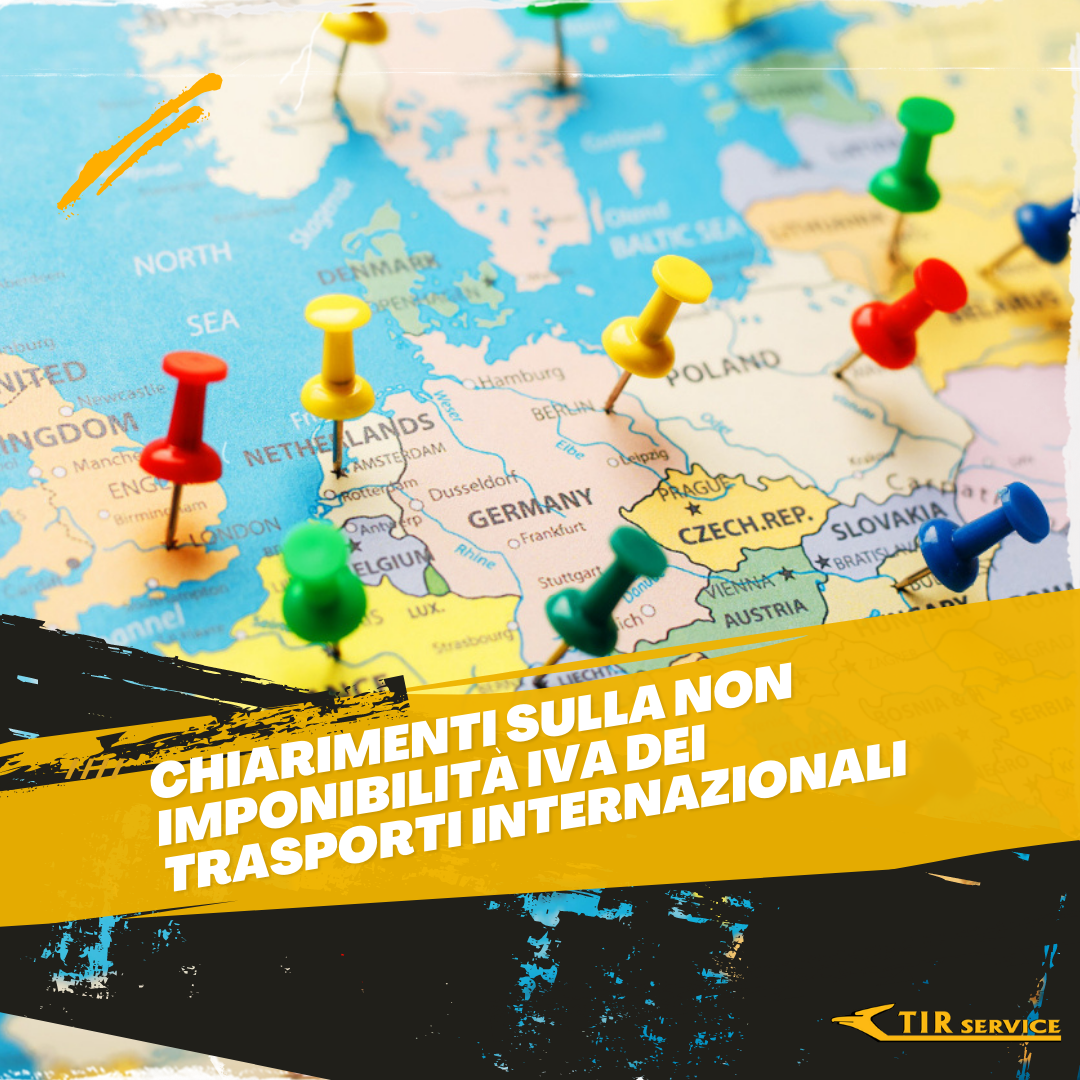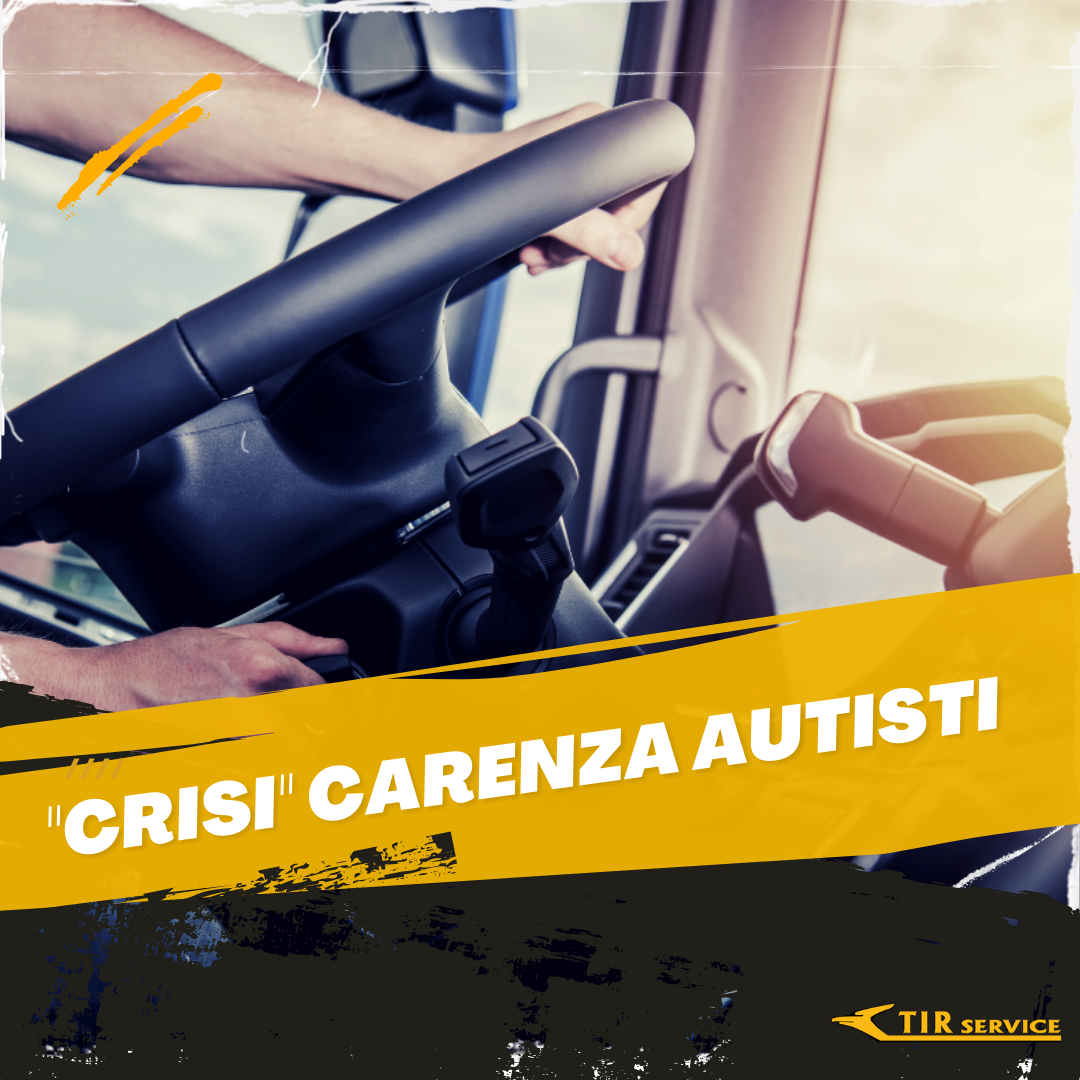«The strategic junction for revitalizing the trucking profession is in training, fully consistent with what is being done with all other professions». This was reiterated by the Honorable Romina Mura (Pd) chairing in the House Labor Committee the hearing of representatives of the Gruppo Federtrasporti as part of the joint discussion on proposals and interventions to promote quality work in the trucking and logistics sector.
The Honorable Mura thanked Claudio Villa, presidente di Federtrasporti, per le proposte presentate ritenute «utili nella predisposizione del testo unificato della risoluzione e anche in prospettiva» sottolineando come «The proposal made by Federtransportation is appreciable., which assumes that workers expelled from other crisis sectors will be relocated to trucking,” and recalling the need to «activation policies intended to create employment prospects in sectors where there is a shortage of workers, precisely through training».
The committee chair also highlighted the passage devoted to the «opportunity to open up the world of trucking to female professionals» emphasizing the importance on «training, as well as interventions on the infrastructure, conditions and organization of work».
Federtrasporti’s proposals that emerged at the hearing were several. Among them, the lowering of the cost of the CQC, including providing for greater cooperation from companies during the training process, but also initiating A fast track for trucking companies to hire workers from troubled companies or employed in manufacturing sectors in crisis, as well as lowering the minimum age (now 21) for acquiring higher licenses even by only one year, not so much to expand the pool of aspirants as to balance the time between the end of studies and the opportunity to climb into the cabin.





